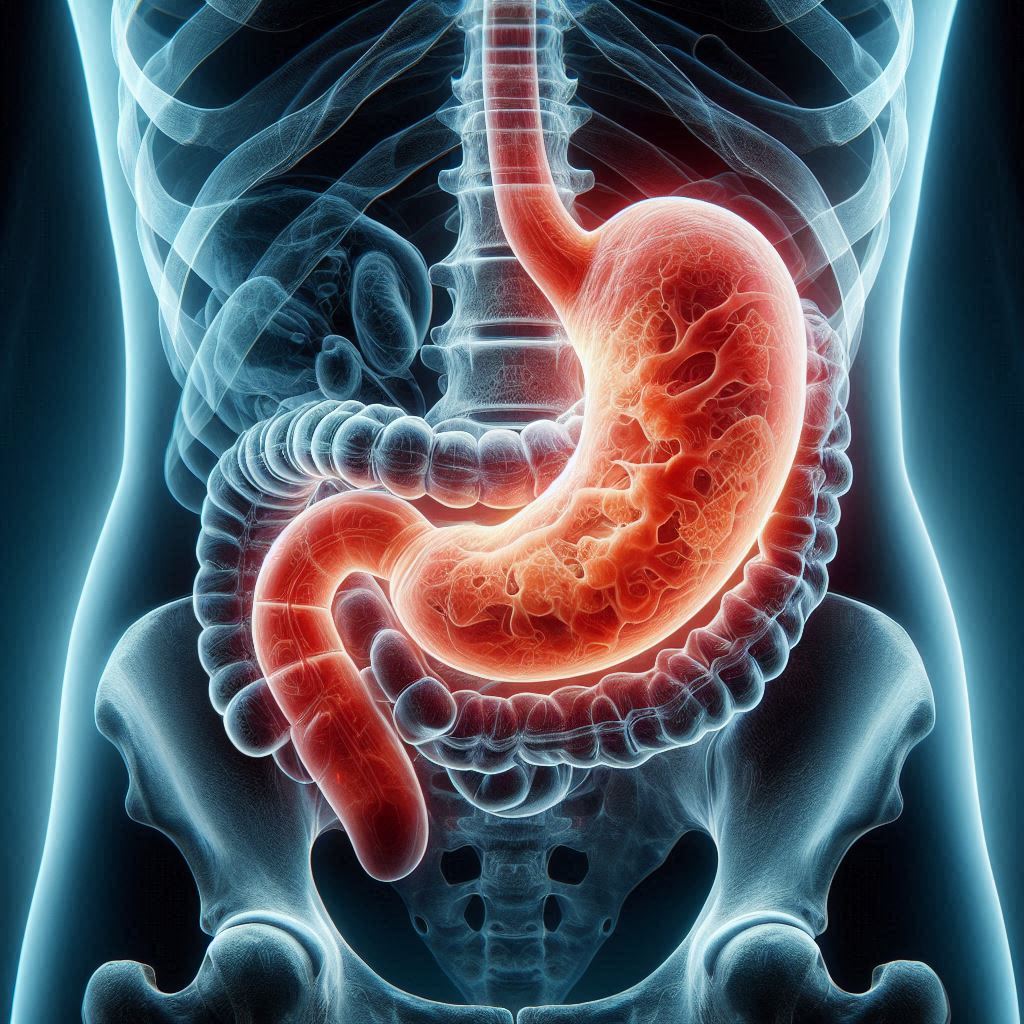
Barrett’s oesophagus is a condition in which abnormal cells develop on the inner lining of the lower part of the gullet (oesophagus). Barrett’s oesophagus is not a cancerous condition, but over a long period of time it can occasionally lead to cancer developing in the lower part of the oesophagus. Approximately 1-2 out of every 200 people in the UK have Barrett’s oesophagus; however, very few people with this condition go on to develop cancer (about 1 in 100 each year). It is associated with the very common condition gastroooesophageal reflux disease (GORD).
Causes of Barrett’s Oesophagus
The common Causes of Barrett’s Oesophagus:
A high fat diet that is low in fruit and vegetables can increase your risk of getting many types of cancer. The risk increases if you are also obese (very overweight).
Cancer of the oesophagus is most common in people over the age of 50
Long-term exposure to certain chemicals and pollutants – this can irritate the oesophagus and increase your risk of developing cancer.
Symptoms of Barrett’s Oesophagus
Some Symptoms of Barrett’s Oesophagus:
Vomiting
Painful swallowing
Difficulty swallowing
Persistent heartburn
Weight loss
A sensation of fullness during eating.
Treatment of Barrett’s Oesophagus
An anti-reflux operation can be performed, usually if the medications are ineffective. If cancerous cells or severe dysplasia has been detected, the lower oesophagus will need to be surgically removed
It is essential, once Barrett’s oesophagus has been diagnosed, that treatment is given which eliminates acid reflux. The typical medications used are lansoprazole, omeprazole and pantoprazole. These are very effective at eliminating symptoms of reflux. Specialists treating this condition may need to check the effectiveness of any medications, using 24-hour pH monitoring.




